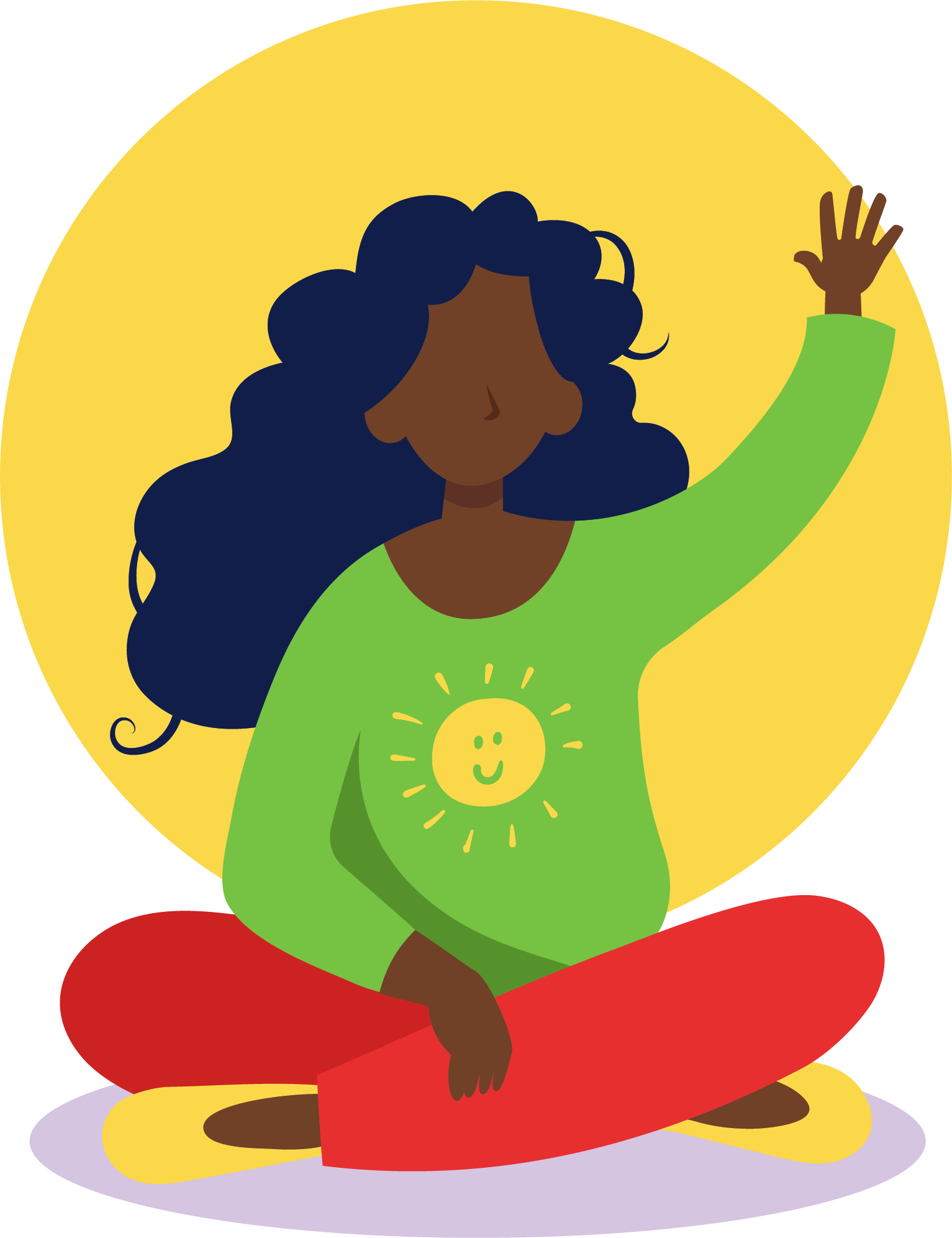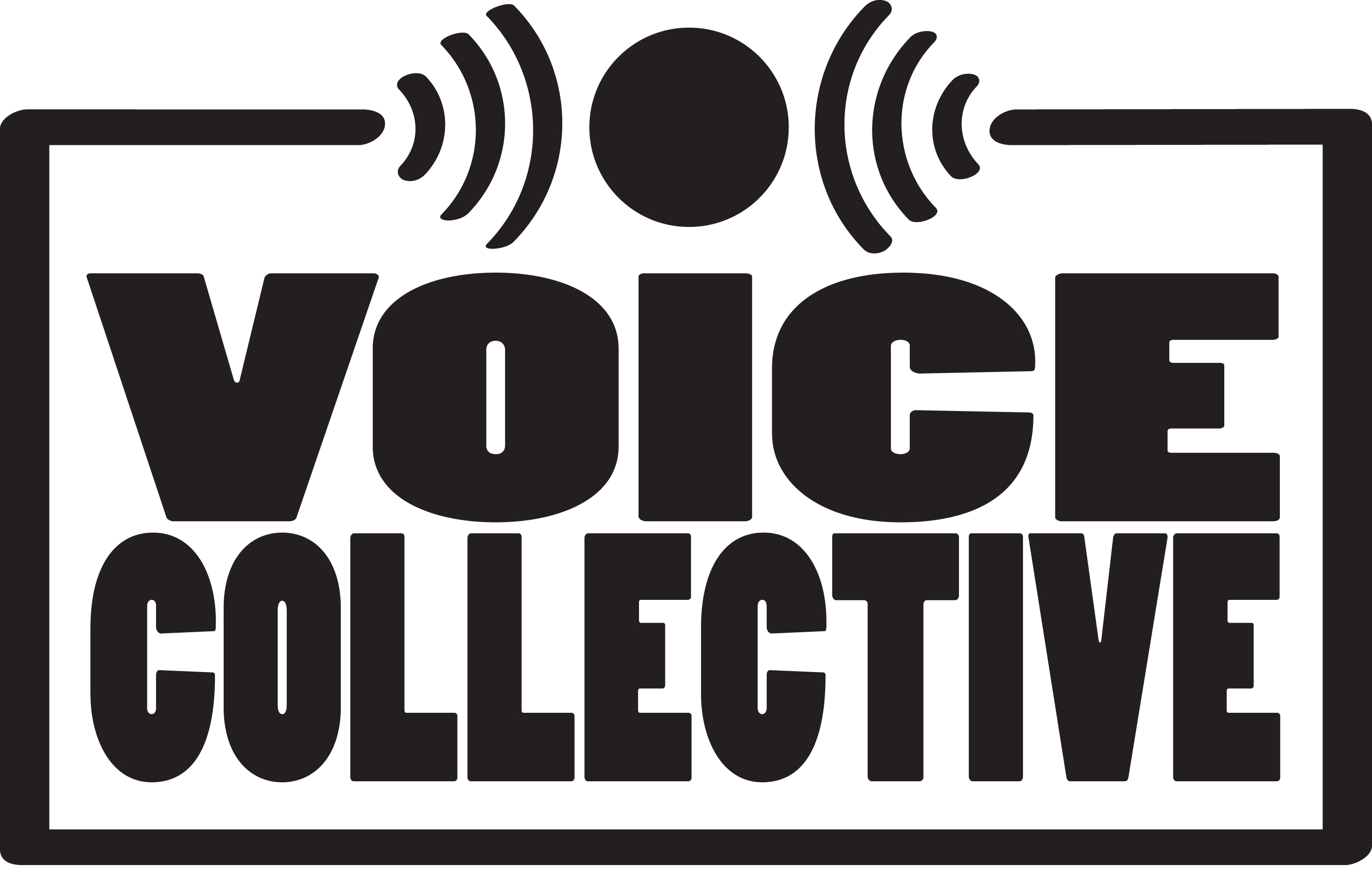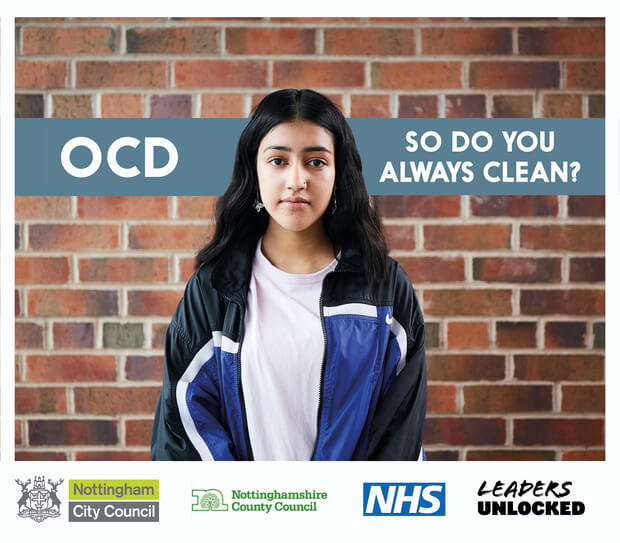Is hearing voices unusual and when should I seek help?
Did you know that around 8% of children and young people hear voices that others don’t? Many more (up to 75%) have one-off or fleeting experiences in their childhood. Most aren’t bothered by these experiences and don’t need extra support from mental health services.
Hearing voices is not necessarily a sign of mental illness and can be related to a traumatic event such as a bereavement or family breakdown. Sometimes people’s internal thoughts can even feel and sound like voices in their head. Hearing voices doesn’t always mean they have (or will go on to develop) a mental health problem.
It is a good idea to seek help if the voices become hostile, intimidating and start to have a negative impact on their day-to-day living.
Helping someone who hears voices
- Accept that their experience of the voices is real. Everyone will have a unique experience of hearing voices and will think about their voices in different ways. You can help by accepting their experience as real - even if you find it hard to understand.
- Try not to make judgments about what hearing voices means for them. Some people don't talk about their voices because they are worried their friends and family won't understand or will assume they are seriously ill.
- Learn their triggers. Learn more about whether there are particular situations or experiences that trigger their voices.
- Remember they are still the same person. Hearing voices doesn't change who they are.
- Ask them what would help. Avoid making assumptions about what they find difficult. Different people want different support at different times. Sometimes the best thing to do can be to ask them what, if anything, you can do to help.
- Reassure them that they are not alone. Lots of people who hear voices don't realise that other people do too. It can also help to reassure them that hearing voices does not necessarily mean that they are ill. There are lots of reasons why people hear voices.
- Encourage them to talk about their experience. They may want to talk to you or to a doctor, support worker or other people who hear voices.









You Are #NOTTALONE
Follow us online and continue the conversation